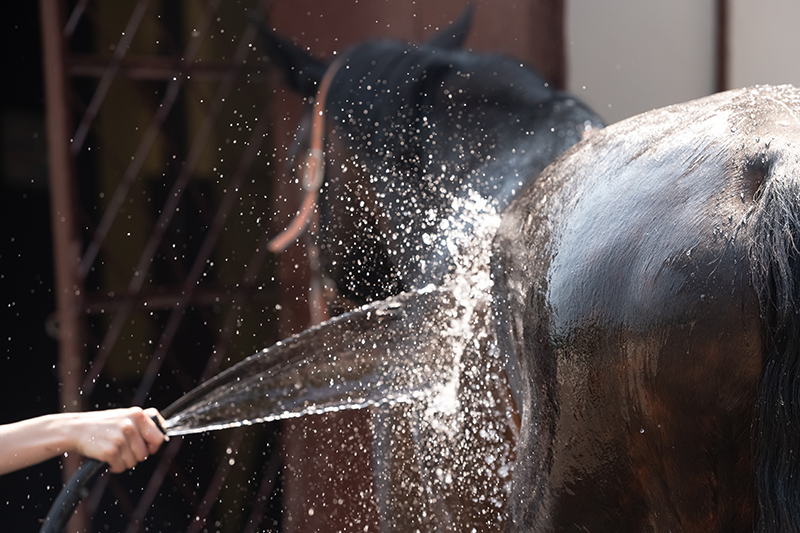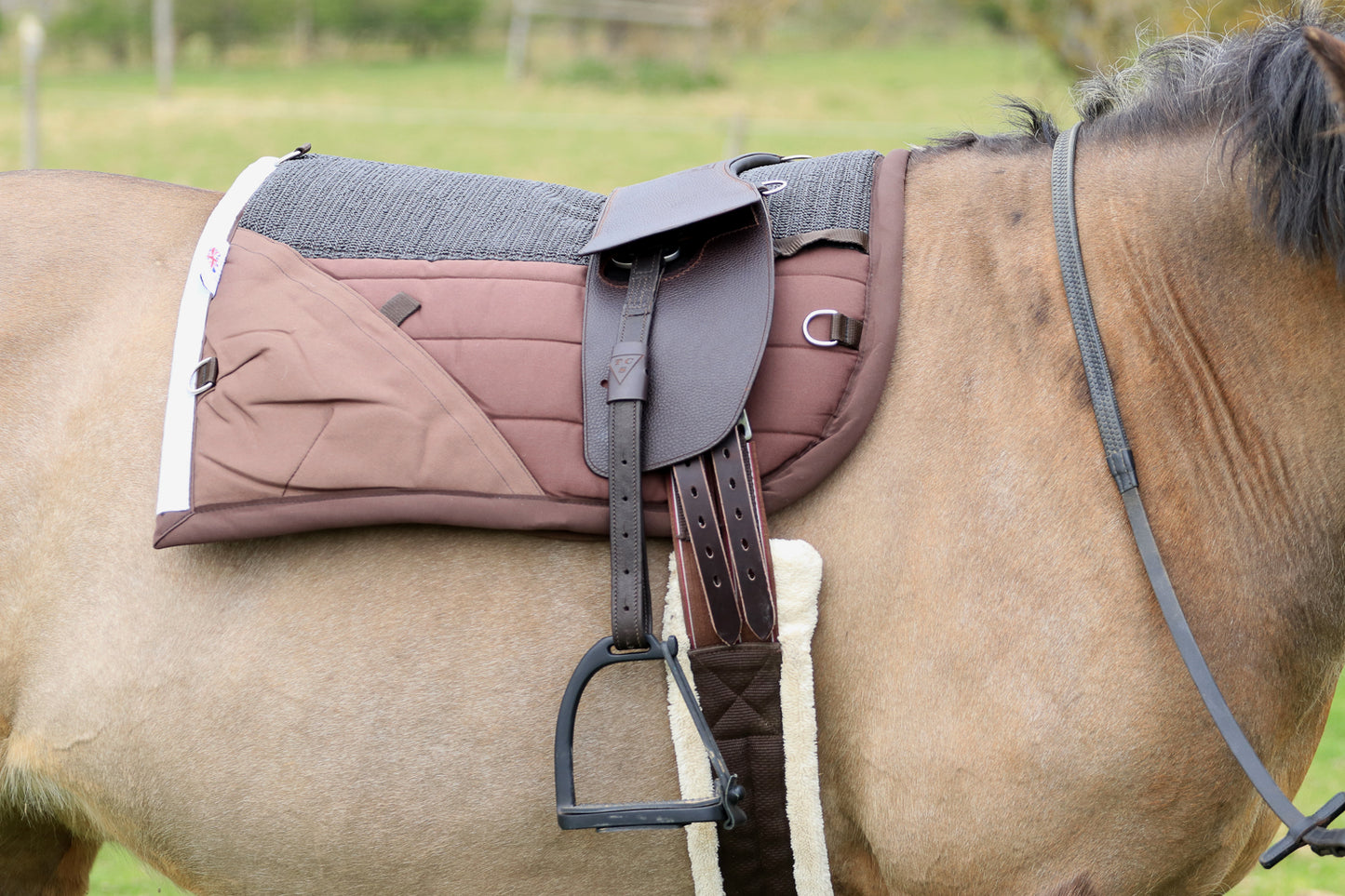Taking care of a horse can be a joyous and fulfilling experience. However, it is essential to understand the various costs involved in horse care. In this comprehensive guide, we will delve into the different expenses associated with owning a horse, ensuring you can plan appropriately for this big responsibility.

1. Initial Purchase Price
One of the first expenses you will encounter is the initial purchase price of the horse. This cost can vary greatly depending on the horse’s breed, age, training, and overall health. Prices can range from a few hundred dollars to several thousand.

2. Boarding Fees
If you don’t have your own land, you’ll need to board your horse at a stable. Boarding fees can vary significantly based on location, facilities, and the level of care provided. On average, boarding costs can range from $200 to $700 per month.
Full-Service Boarding
This type of boarding includes full care of the horse, such as feeding, stall cleaning, and turnout. Naturally, it is more expensive than self-care boarding.
Self-Care Boarding
Self-care boarding is a more affordable option where you are responsible for daily horse care tasks.

3. Feed and Supplements
Feeding a horse involves providing hay, grains, and nutritional supplements. The cost of feed can depend on the quality and quantity needed. Typically, expect to spend around $150 to $300 per month.

4. Veterinary Care
Regular veterinary check-ups are vital to your horse’s health. Vaccinations, dental care, deworming, and emergency visits can add up. Annually, veterinary costs can range from $300 to $700.
Vaccinations
Essential to prevent diseases, vaccinations are typically administered annually and cost between $100 to $200.
Dental Care
Regular dental check-ups are necessary to prevent dental issues. Expect to spend around $150 annually.
5. Farrier Services
The care of your horse’s hooves is another critical aspect. Routine trimming or shoeing is performed by a farrier, with costs ranging from $30 to $150 every six to eight weeks.
6. Tack and Equipment
Purchasing the necessary tack and equipment involves a significant investment. Saddles, bridles, blankets, and grooming supplies can collectively cost from $500 to $3000 initially. Regular maintenance and replacement of equipment will also be needed.
Horse Bridles
For more information on the cost and maintenance of bridles, you can check out cost of bridles.
7. Insurance
Like other pets, horses can be insured. Insurance policies can cover medical expenses, mortality, theft, and liability. The cost of equine insurance can range from $300 to $800 annually.
8. Training and Lessons
Whether you are training the horse yourself or hiring a professional trainer, training and lessons are important. Costs depend on the trainer’s experience and the level of training required. On average, training fees range from $400 to $1000 monthly.
9. Transportation
You may need to transport your horse for various reasons, including vet visits, competitions, or relocation. Transportation costs will vary depending on the distance and mode of transport. Budget around $200 to $500 per trip.
10. Miscellaneous Costs
There are always unexpected expenses when you own a horse. Budget for unforeseen costs such as show fees, additional medical treatments, and emergency repairs.
Tips to Manage Horse Care Expenses
Create a Budget
Creating a budget and planning for regular and unexpected expenses will help you manage your finances effectively.
Purchase in Bulk
Buying feed and supplies in bulk can help reduce overall expenses.
Regular Maintenance
Routine maintenance of tack and equipment can help avoid costly replacements.
FAQs
Do all horses need insurance?
Insurance is not mandatory but highly recommended to cover unexpected expenses.
Can I reduce feed costs?
Yes, by purchasing in bulk and choosing local suppliers, you can lower feed costs.
Is it cheaper to have a horse on my own land?
Owning land can reduce boarding fees but involves additional maintenance costs for the property.
Conclusion
Caring for a horse is a long-term commitment that involves various costs. Understanding these expenses can help you plan effectively and enjoy a fulfilling experience with your equine friend. For more detailed information on specific horse care topics, visit bridle on a horse, bridle a horse, and Western horse bit and bridle.
As an Amazon Associate, I earn from qualifying purchases.